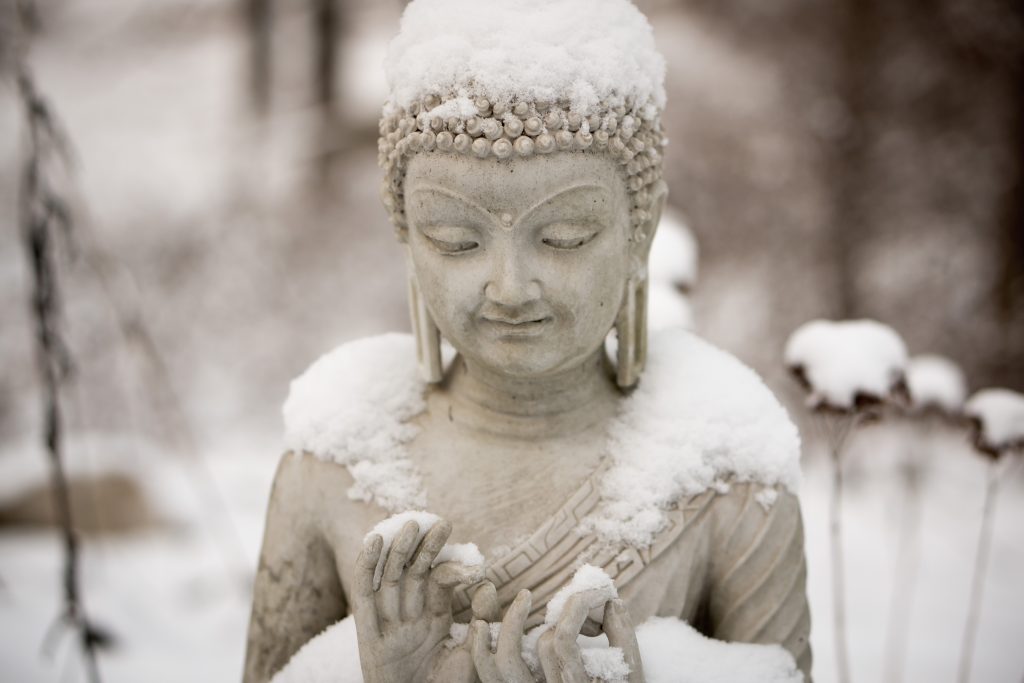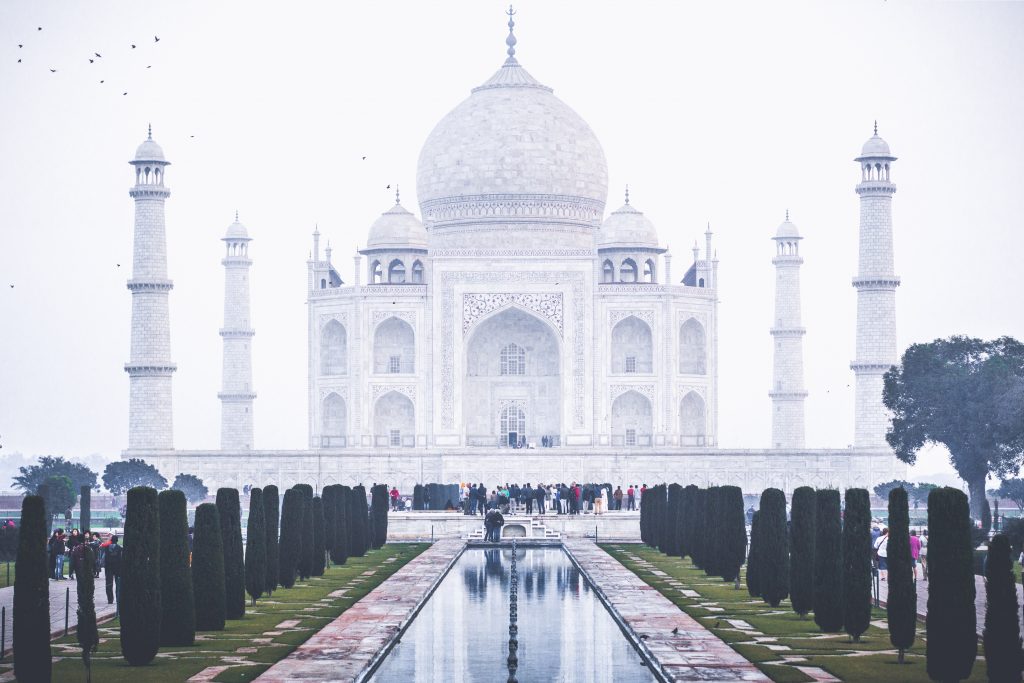The Most Prominent Women in the History of Philosophy
FOR STUDENTS
Yajnavalkya is a woman, who lived in ancient India and her name was mentioned in the book of Upanishads as she was a woman concerned with metaphysical problems. In one of the chapter of this book, she meets a man, who starts a philosophical debate with her. Her bright mind strikes him, as she demonstrates a deep insight into existential and ontological questions. Here are some writing tips for students to know more about role of women in philosophy.

Yajnavalkya is one of those unknown figures, who eventually took part in the history of philosophy, still we don’t know too much about her. Nevertheless, modern philosophers agree that women-thinkers made serious contributions in both Southern and Western doctrines. At the same time, those who lived outside Europe are mostly unrecognized.
Yajnavalkya is not the only woman with philosophical aspirations we find in Upanishads. The second chapter of this book presents Maitreyi, who starts a discussion with her husband, convincing him that there is no way a person can know the world without knowing himself (atman). Literally, she proclaims the first fundamentals of materialism and its relation to knowledge, when she asks if the material goods can make her immortal and if there any sense to own them if they don’t.

One of the main male philosophers of India, Adi Shankara, created a school of Advaita Vedanta, basing his ideas on Upanishads. He had a debate with a representative of another school that uses early Vedas, Mandana Mishra. Before the debate ended, Mishra’s wife Bharati interrupted and said that there is no way Shankara can become a winner before he debates her as well. The philosopher agreed and this conversation lasted for 17 days. Then a woman decided to do a small slime and asked him about Kama Sutra, since she know that Shankara was celibate since he was a child. On this point, he asked to stop the debates for a month to let him read about this science of love. In turn, Bharati received social acknowledgement and began her own school.
Another female figure of that times is Sulabha. She was known for practicing yoga and ascetics. One day she had a conversation with a well-known thinker Janaka. This conversation can be found in epic Mahabharata and the main idea of Sulabha pinpointed there is that even though men and women have different bodies, their souls are the same.
The grounds of feminism can be traced if you get to know Akka Mahadevi, an Indian thinker, who was struggling for the equality between men and women. She was against any divisions within the society, not only by gender, but also be y castes and language. Also, she opposed official religious thought in a radical way, saying that the sacral scriptures “are grist and husk ground in the mill.” She believed that there is no need for any dogmatism, when you are strongly devoted to Gods and have your own vision of the way things should be. When Akka got married, she asked for her own room to have a place where she can spend her time the way she wants. Her husband broke this promise and she took off her dress and went into the streets naked. So she wondered until eventually appeared at Anubhava Mantapa, where philosophical debates took place. She met a poet called Allama Prabhu, who was critical about her outlook. So they started debating and she convinced Allama that she has a powerful mind. She was allowed to join his circles and lived her life as an admired thinker.

Critics may say that Akka can bot be called a philosopher, since her sphere of interest barely touches the questions that really matter for this discipline. However, even today’s canon accepts people who work on the edge of it. Some of them are theologian, like Thomas Aquinas or Augustine of Hippo, still canonized. Women of ancient India were not so strict in their speculations, but they took part in the process of formulation and their contribution cannot be denied.


